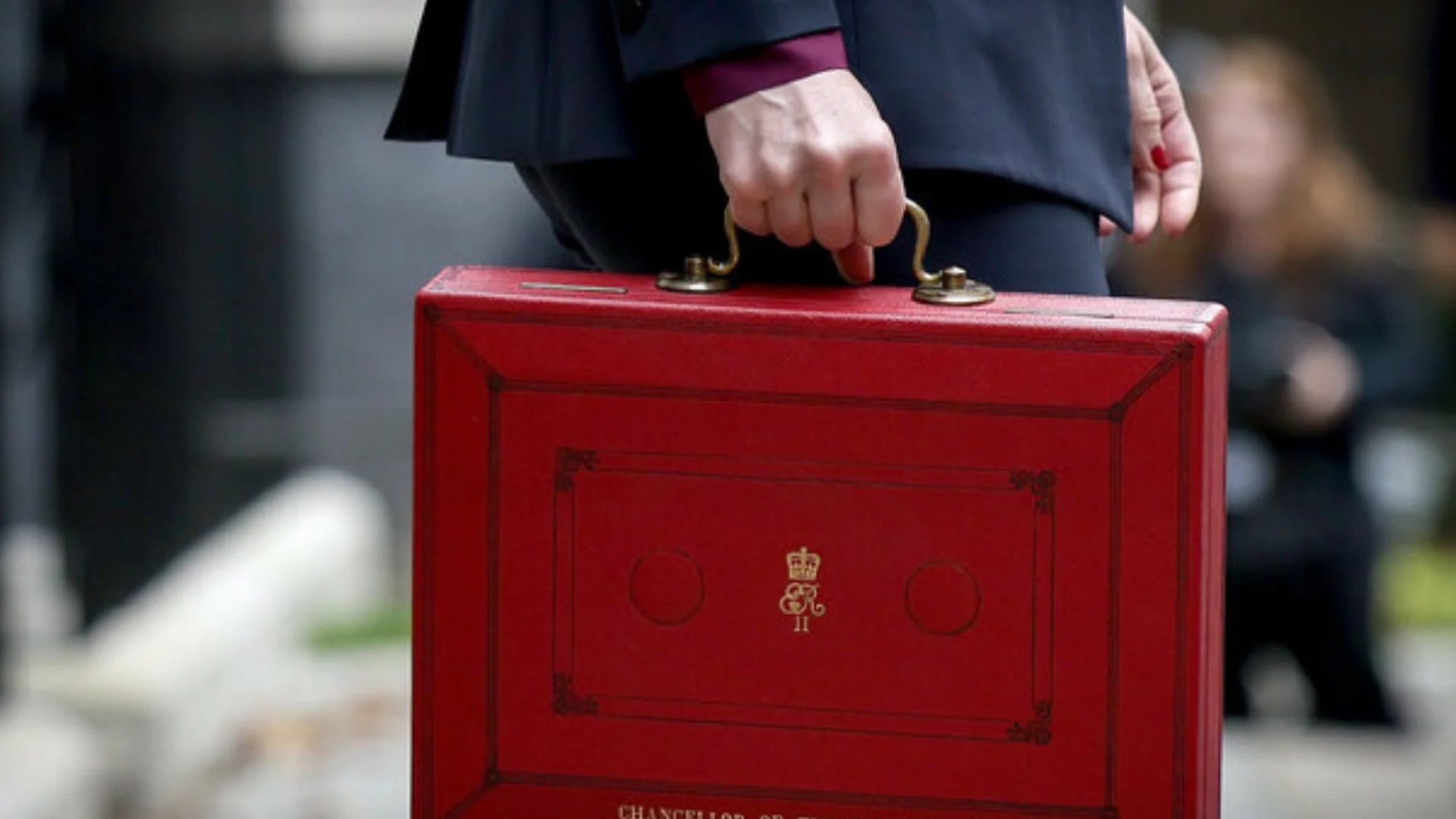The Chancellor’s Budget, the first by a female Chancellor and the first by a Labour Government for 14 years, certainly did take some ‘difficult decisions’. As promised from the start of the Labour manifesto, there were no changes to Income Tax, VAT or Employee’s NIC. Income Tax allowances and thresholds remain frozen as enacted by the previous government, up to 2028/29, they will then increase with inflation. However, there were significant changes from an investment and wealth planning perspective.
Key tax changes
Key tax changes
- Capital Gains Tax (CGT) is increasing, up from 10% and 20% to 18% & 24% for basic and higher rate taxpayers, respectively. The increased rates are effective for disposals made on or after Budget Day. CGT on property disposals remains at 18% & 24%.
- Business Asset Disposal Relief remains at £1m, but the tax on gains will rise from 10% to 14% from April 2025 and to 18% from April 2026. CGT on carried interest will be levied at 32% from April 2025 and from April 2026 simpler rules will be applied.
- Employers National Insurance Contributions (NIC) will increase by 1.2% to 15% from April 2025. In addition, the employer’s secondary NIC threshold (the level of an employee’s salary when NICs start to be paid by the employer) will reduce from £9,100 to £5,000 per annum from April 2025.
- Inheritance tax (IHT) will apply to beneficiaries of inherited pensions from April 2027. We still need some clarity on the income tax position on inherited pensions as they could then be subject to IHT and income tax. The freezing of the IHT allowances and nil rate bands has been extended from 2028 to 2030.
- From April 2026, assets qualifying for Business Property Relief (BPR) or Agricultural Property Relief (APR) up to a combined £1m remain 100% exempt, but any value in excess of this amount will only receive 50% relief.
- AIM shares will no longer have full exemption from IHT. Instead, AIM shares will attract an effective inheritance tax rate of 20% if they are held for two years as the government reduces the rate of business relief to 50% in all circumstances for shares not listed on the markets of a recognised stock exchange (such as AIM).
- The Non-dom tax regime will be abolished from April 2025 and replaced with a residence based regime. The temporary repatriation facility, allowing non-doms to bring previously-earned foreign income and gains into the UK at a reduced tax rate will be extended.
- Stamp duty of 5% will apply to second homes from 31 October 2024 and VAT on private school fees will be added from January 2025.
Potential market and economic implications
- An initial positive market reaction. At the time of writing, the gilt market is taking the Budget announcement positively, with prices rising and yields falling. This supports our portfolios as we’re overweight gilts and prefer short-dated ones.
- However, it’s hard to determine the net outcome of the Budget. Adding up the positives and negatives of the Budget is rather difficult without further details, and the net result looks highly uncertain. Taken at face value, these hypothetical near- and medium-term changes could boost economic growth, at least to a small extent. However, it could cause inflation to rise, especially if the National Living Wage was to increase beyond expectations.
- There are implications for the Bank of England (BoE). First, there’s a risk of slower interest rate cuts if both growth and inflation do rise more than expected. Second, much will depend on the impact of the extra debt issuance on long-term bond yields. If they were to rise because of concerns on the public finances, the BoE might face a dilemma: should they ease financial conditions to mitigate instability, or just focus on inflation and continue to cut at a measured pace
- We think the BoE will cut rates, but sterling could weaken. With UK inflation now below the 2% central bank target and signs that economic growth is slowing, we think the BoE will catch up with other central banks and likely cut rates again before the end of the year (and several times next year). These dynamics could weaken sterling a bit, at least in the near term, or at least mitigate the risks of further strength.
If you have any questions, please speak to your usual Client Advisor.
Important Information
Information correct as of 31 October 2024.
- Investing puts your capital at risk.
- The value of your investments can go down as well as up, and you could lose some or all of the money invested.
- Tax treatment depends on individual circumstances and is subject to change.
- Tax planning is not regulated by the Financial Conduct Authority or the Prudential Regulation Authority.
This document is designed as marketing material. This document has been composed by Brown Shipley & Co Ltd ("Brown Shipley”). Brown Shipley is authorised by the Prudential Regulation Authority and regulated by the Financial Conduct Authority and the Prudential Regulation Authority. Registered in England and Wales No. 398426. Registered Office: 2 Moorgate, London, EC2R 6AG.
This document is for information purposes only, does not constitute individual (investment or tax) advice and investment decisions must not be based merely on this document. Whenever this document mentions a product, service or advice, it should be considered only as an indication or summary and cannot be seen as complete or fully accurate. All (investment or tax) decisions based on this information are for your own expense and for your own risk. You should (have) assess(ed) whether the product or service is suitable for your situation. Brown Shipley and its employees cannot be held liable for any loss or damage arising out of the use of (any part of) this document.
The contents of this document are based on publicly available information and/or sources which we deem trustworthy. Although reasonable care has been employed to publish data and information as truthfully and correctly as possible, we cannot accept any liability for the contents of this document, as far as it is based on those sources.
Investing involves risks and the value of investments may go up or down. Past performance is no indication of future performance. Currency fluctuations may influence your returns.
The information included is subject to change and Brown Shipley has no obligation after the date of publication of the text to update or amend the information accordingly. Accordingly, this material may have already been updated, modified, amended and/or supplemented by the time you receive or access it.
This is non-independent research and it has not been prepared in accordance with legal requirements designed to promote the independence of investment research, and that it is not subject to any prohibition on dealing ahead of the dissemination of investment research.
All copyrights and trademarks regarding this document are held by Brown Shipley, unless expressly stated otherwise. You are not allowed to copy, duplicate in any form or redistribute or use in any way the contents of this document, completely or partially, without the prior explicit and written approval of Brown Shipley. Notwithstanding anything herein to the contrary, and except as required to enable compliance with applicable securities law. See the privacy notice on our website for how your personal data is used (https://brownshipley.com/en-gb/privacy-and-cookie-policy).
© Brown Shipley 2024




